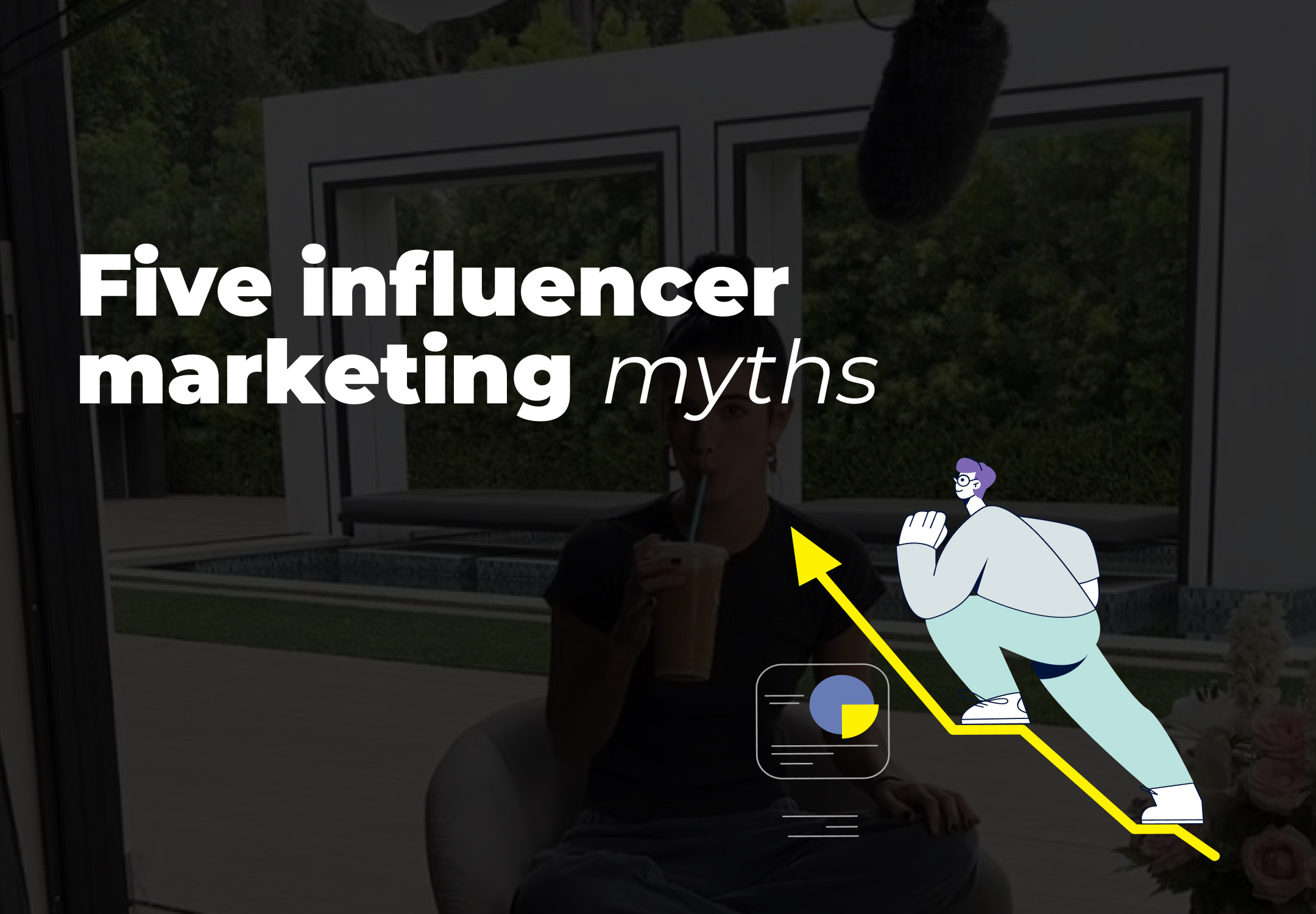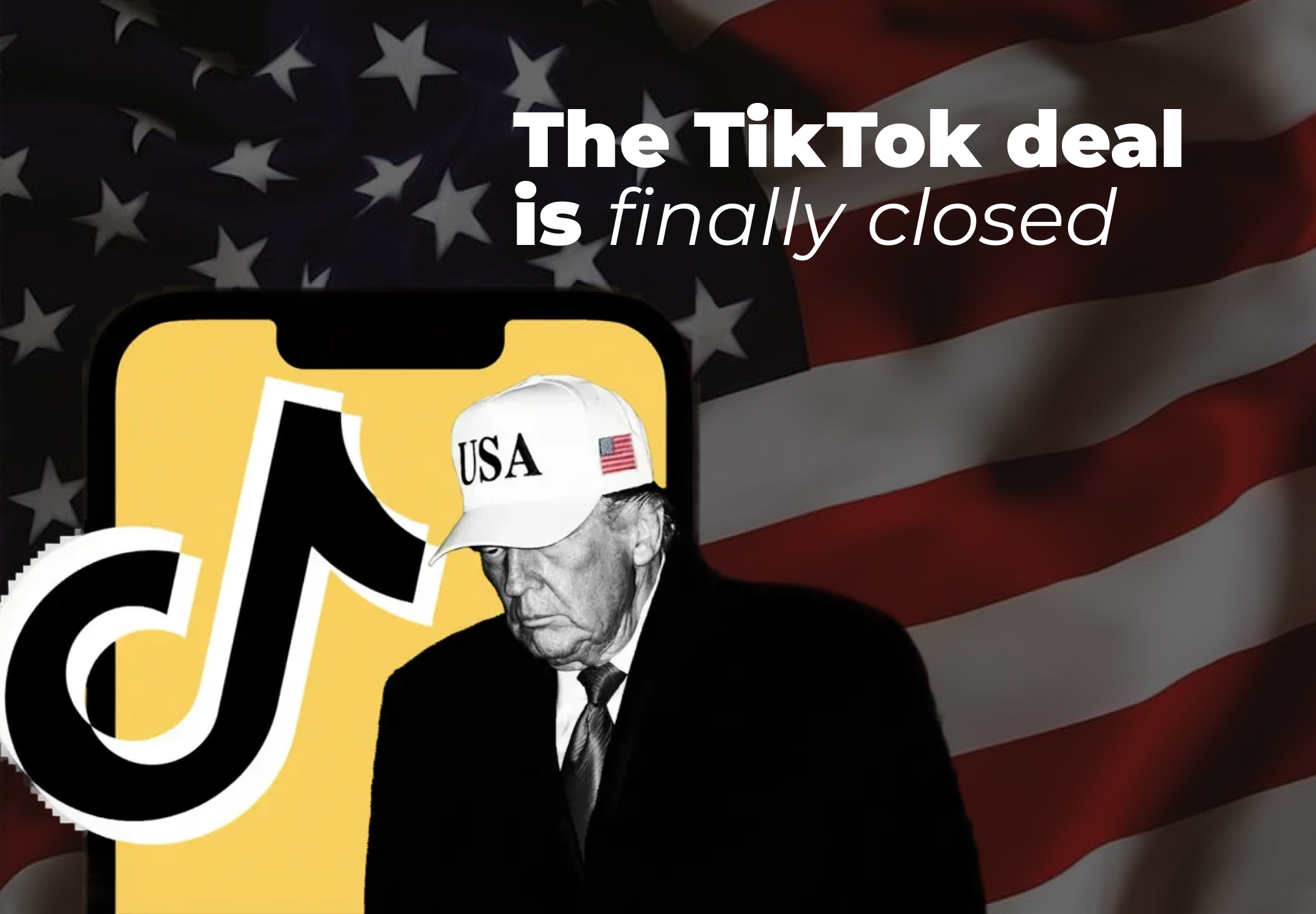What Gen Z expects from brands in 2025
Gen Z is forcing brands to rethink everything - from sustainability commitments to diversity in leadership. With over $600 billion estimated spending power, this generation has made authenticity and values non-negotiable.
October 23, 2025

Generation Z is reshaping the consumer landscape with demands that go far beyond product quality. Influencing approximately $600 billion in global spending, this generation – aged 13 to 30 in 2025 – has become impossible for brands to ignore. Understanding what drives their purchasing decisions is critical for businesses seeking long-term relevance in today’s market.
Sustainability is more than a buzzword
Environmental consciousness isn’t optional for Gen Z – it’s foundational. Three-quarters of Gen Z say sustainability is more important to them than brand name when making purchases, and around 64% are willing to pay more for environmentally sustainable products. This commitment runs deep: 25% have reduced or ended relationships with businesses that engage in unsustainable practices.
However, Gen Z’s scrutiny is sharp. They expect transparency and will research where products come from, how they’re made, and what companies are doing to reduce harm. Approximately 30% actively research a company’s environmental policies before buying – a behavior rarely seen in older generations. Brands caught greenwashing face swift backlash on social media platforms where Gen Z dominates.
Diversity and inclusion: A non-negotiable standard
For Gen Z, diversity has become the baseline expectation. Nearly 80% say it’s important for brands to address diversity and inclusion in their messaging and products, and 62% believe increased diversity is fundamentally good for society.
This generation demands authentic representation that goes beyond token gestures. Over half (53%) want to see more diversity in brand leadership positions, recognizing that genuine inclusivity starts at the top. They respond positively to campaigns featuring interracial families, LGBTQ+ individuals, and people of different body types.
Victoria’s Secret’s recent brand transformation – moving from exclusively featuring supermodels to showcasing diverse body types, ages, and abilities – demonstrates how legacy brands must evolve to meet Gen Z’s expectations or risk irrelevance.
Brands that practice performative activism during Pride Month or post a single diverse ad face immediate callouts. Gen Z expects brands to be diverse in representation, equitable in practices, and accessible to all – consistently, not just during special occasions.
Is it a “trend”? Sure – but the real reason it’s effective is this: It reflects the world we know. And humans love the things they know.
Ethics and social responsibility
94% of Gen Z respondents expect companies to take a stand on important social issues, and half expect brands to actively take a stand on social issues. For Gen Z, purchasing decisions are statements of values. They seek brands that mirror their beliefs and contribute positively to causes like climate justice, racial equality, and mental health awareness.
This generation is quick to identify hypocrisy. A brand that preaches empowerment but is revealed to exploit workers will lose Gen Z customers immediately. Ethics encompass sustainability, DEI, human rights, honest communication, and transparent business practices. They value honesty and are quick to sniff out brands that don’t practice what they preach.
The Snapchat generation is 3x more likely to say businesses should “serve communities and society” rather than simply “make good products and services”. This reveals a fundamental shift: Gen Z evaluates brands not just on what they sell, but on how they contribute to society.
Balancing value and values
Despite their emphasis on ethics, Gen Z hasn’t abandoned quality expectations. Young adults (19-24) are balancing independence and budgets, so they want quality at a good price, while early professionals (25-30) are investing in products that align with their long-term values, like sustainability and durability.
Recent research reveals that 64% of Gen Z surveyed want to invest more in quality purchases that will last. Interestingly, three-quarters of both Gen Z (76%) and millennials (75%) are willing to pay more for the reputation of the brand, demonstrating that trust and quality remain paramount.
This generation seeks “accessible luxury” – products that combine ethical production with lasting quality. They’re moving away from fast fashion and disposable items toward sustainable investments. Brands succeeding with Gen Z offer transparency about materials, production processes, and long-term durability.
The digital connection: The discovery engine
Gen Z’s path to purchase is fundamentally different from previous generations. 40% of Gen Z users now use TikTok as their primary search tool, bypassing Google, and 60% of consumers discover products through social media platforms like Instagram, YouTube, and TikTok.
Traditional purchase funnels are seemingly less relevant to this audience, who bounce back-and-forth between brand discovery, evaluation, and loyalty based on community validation and real-time digital engagement. Influencer marketing has become crucial: Gen Z consumers are 3.1x more likely to buy a product recommended by a creator they follow (67%) than from a traditional paid ad (22%).
Read more about how social media is reshaping consumer behavior and forming new discovery patterns.
Meeting Gen Z expectations in 2025: The breakdown
Winning Gen Z loyalty requires authentic commitment, not clever marketing. Brands must:
1. Demonstrate genuine sustainability with verified impact reports and transparent sourcing information – not vague claims.
2. Embrace diversity consistently across leadership, advertising, product design, and company practices year-round.
3. Take meaningful stands on social issues while backing promises with concrete actions and honest communication.
4. Deliver quality and value through durable products that justify their price through ethical production and lasting performance.
5. Optimize for social discovery by partnering with authentic creators and treating social platforms as primary search engines.
As Gen Z continues stepping into key life stages – from school to careers to family building – their priorities will shift, but authenticity, inclusivity, and mental health awareness will stay central.
Check out 5 essential trends that speak to Gen Z.
Brands that align with these values today aren’t just capturing market share – they’re building relationships with the most influential consumer generation of the 21st century.
Gen Z represents more than purchasing power – they’re reshaping what it means to be a responsible brand. Companies that understand this aren’t just adapting to trends; they’re evolving to meet the demands of a generation that refuses to separate commerce from conscience.
Latest News ☕

Everything you need to know about YouTube, Twitch and co!
January 29, 2026
Long-form video platforms are capturing unprecedented engagement as audiences actively see...

Debunking 5 myths of influencer marketing in 2026
January 27, 2026
As influencer marketing races toward $40 billion in 2026, outdated assumptions continue co...

The TikTok US deal just closed: Everything brands need to know
January 23, 2026
TikTok's US operations are now majority American-owned after years of regulatory drama. Th...


